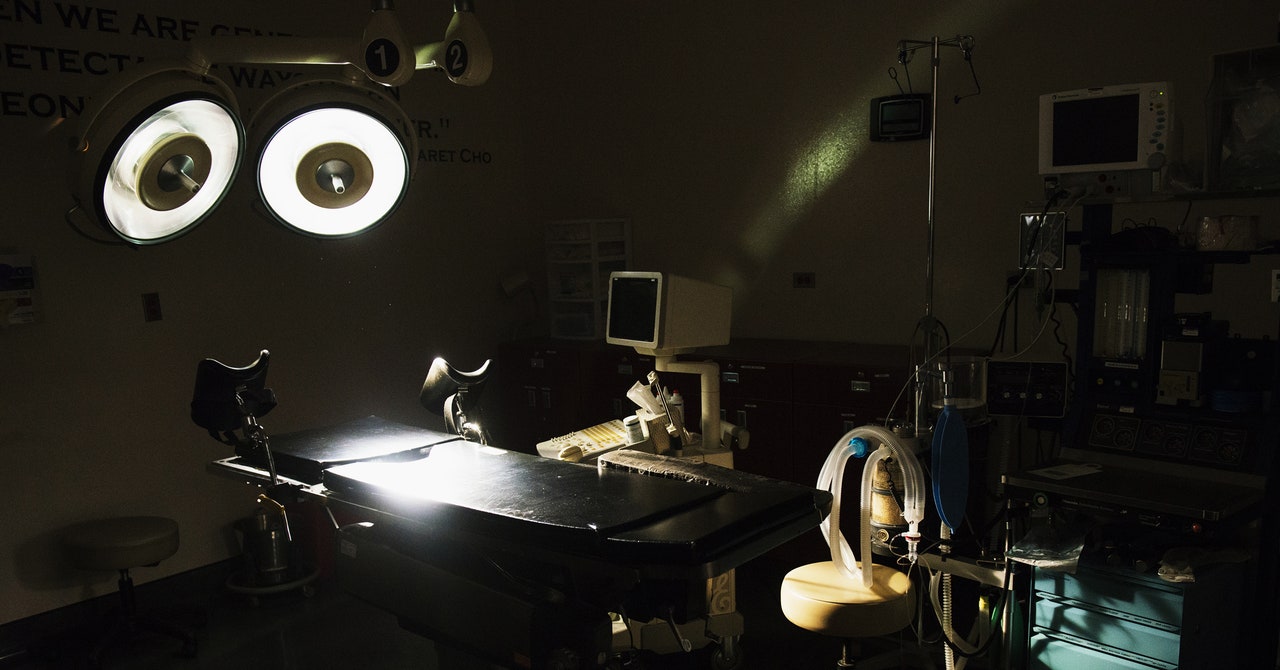
Further limitations may be on the horizon. Republicans who support restricting abortion outnumber Democrats in the state legislature, and while North Carolina’s governor, a Democrat, has thus far vetoed bills to further restrict access, a Republican governor, or future attempts to redraw district boundaries, may give Republicans the edge to reach a veto-proof majority.
California
In some ways, California is North Carolina’s opposite. The state’s only restriction is on abortions after viability (when the fetus could survive outside of the womb), except when the patient’s life or health are at risk. California’s government has pledged financial resources and legal protections for people who need reproductive care. And unlike North Carolina, most of California’s neighboring states will retain access. Still, California is a critical destination for out-of-state patients who need abortions, because of the state’s financial aid and reputation for access. Los Angeles, in particular, receives about 100 patients from out of state per month, according to Dunlap. She expects that number to double next year, and to continue to soar in the next five years.
“We’ve long known that we play an important role in national dynamics around sexual and reproductive health care,” says Dunlap. In addition to its resources for local communities, clinics in Los Angeles are designed to accommodate traveling patients. “We’ve built an infrastructure, particularly for abortion, that is flexible and able to expand, that is intentionally aware of hospital partners, aware of travel hubs, aware of the politics and the communities where we’re located,” she says.
California’s legislature is leading a relatively bold push to protect reproductive rights. Right now, lawmakers are considering a 13-bill package based on recommendations in a report from the California Future of Abortion Council. One bill prohibits investigating, prosecuting, or incarcerating anyone in California for terminating or losing a pregnancy. Another proposes a California Reproductive Health Service Corps, to provide health care, including abortion, in underserved communities. Two bills protect doctors from legal action or getting their licenses revoked for providing abortions.
Part of that proposal would create a government website to help anyone look for providers, health centers, available services, the nearest airport, and resources for financing. “This could be exceedingly helpful, not only for California, but for people outside the boundaries of California,” says Nash. (Washington state and New York have similar sites.)
Challenges Ahead
Accessing out-of-state abortion will be much harder for people in lower-income communities. While online information moves more fluidly than people do, the digital divide means that not everyone has access to computers, smartphones, or internet service. Other people may simply not know about the resources available to them. Many people don’t know about abortion pills, or that they are available by mail. Some may not know about telehealth options—or independent sites, like Plan C, Aid Access, Hey Jane, and Choix, where customers can order pills, including regular birth control and emergency contraception.
They also may not know about the financial assistance from states and nonprofits for travel and medical expenses, or how broadly it can be used. Dunlap says that Planned Parenthood LA provided over $4 million in uncompensated care last year. That includes covering flights, bus tickets, and Uber rides. “Anything you can imagine,” she says. “And we budgeted substantially more than that for next year.” A major challenge will be to get that message out, she says.
Government websites help to some extent, but providing appropriate guidance in person at clinics is crucial. Eighteen states require clinicians to share information to discourage abortion, such as anti-abortion counseling. It’s unclear—although unlikely—if states could penalize clinicians from sharing information about accessing out-of-state abortions or pills by mail.


